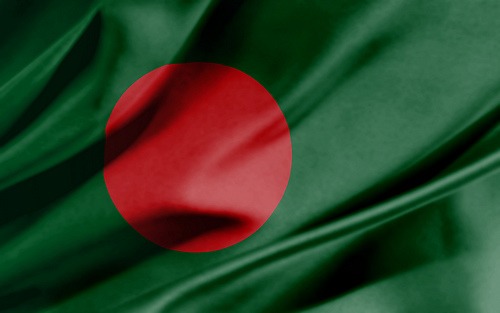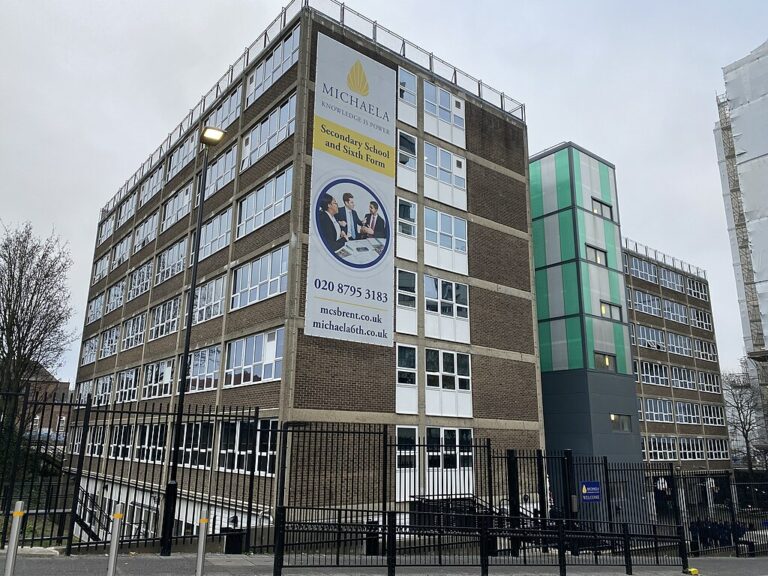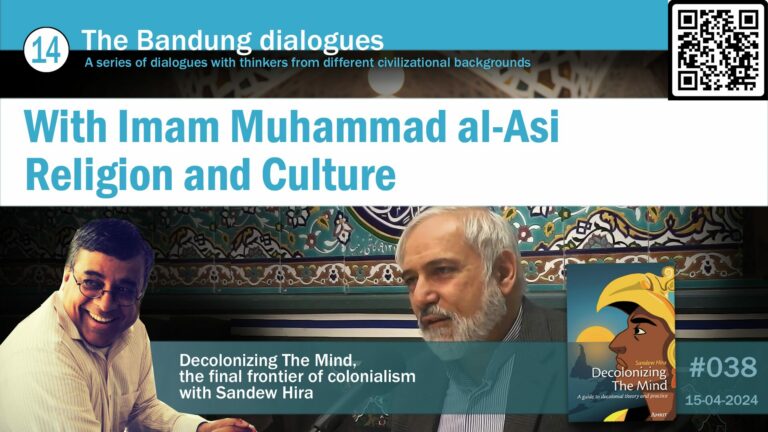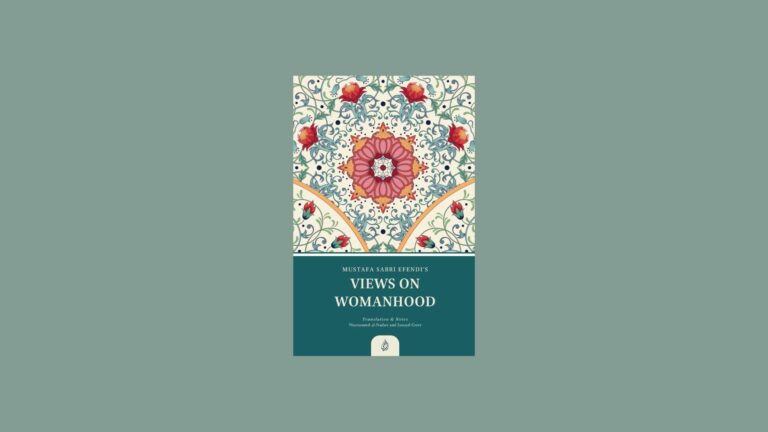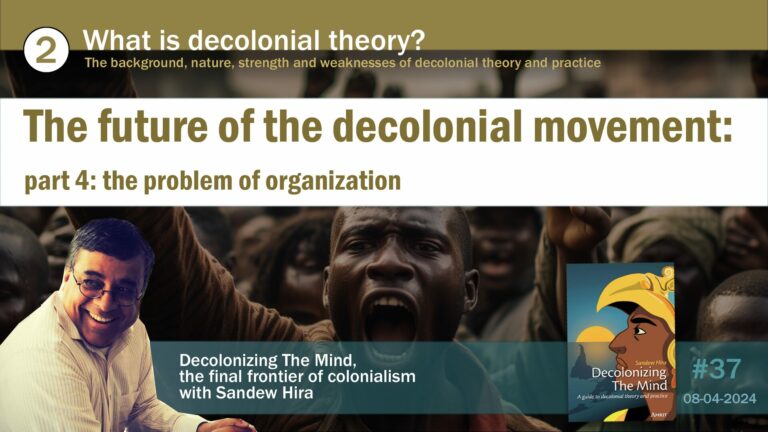Contents
1. Summary
2. Background
3. Action required
4. Sample letter
5. Addresses for sample letters
1. Summary
Professor Ghulam Azam is a Bangladeshi pro-democracy campaigner, and former chief of Bangladesh’s Jamaat-e-Islami party. On 13 May 2012, he was indicted by Bangladesh’s ‘International Crimes Tribunal’ for alleged war crimes during the 1971 war with Pakistan. The court has been condemned for being attached to the government, and being incapable of conducting a free and fair trial.
Write to the ambassador or high commissioner of Bangladesh to your country, and to the UN High Commissioner for Human Rights Navanethem Pillay. Demand that Ghulam Azam is tried in an independent international court.
2. Background
Professor Ghulam Azam is an eighty-nine year old Bangladeshi pro-democracy campaigner, and former chief of Bangladesh’s Jamaat-e-Islami party. Before the independence of Bangladesh, Ghulam had been the secretary-general of Jamaat-e-Islami of East Pakistan. During the war of independence he supported a unified Pakistan, but opposed the widespread killing of Bangladeshi civilians by the Pakistani army. He retired from formal political activities in 2000, and has since dedicated his life to writing and advising Muslim activists and politicians.
On 13 May 2012, he was indicted by Bangladesh’s International Crimes Tribunal for alleged war crimes during the 1971 war with Pakistan. Professor Ghulam Azam is being accused of having collaborated with Pakistan during the war, and of being responsible for acts of torture, murder, conspiracy and provocation in Bangladesh in 1971. The court has been condemned by human rights groups for being controlled by the government, and incapable of conducting a free and fair trial. He may be executed if found guilty.
The ruling Awami League government of Bangladesh has sought to prosecute opposition figures and pro-democracy activists using its International Crimes Tribunal under charges of alleged genocide, war crimes, and collaboration with Pakistan. The Awami League government has misused the International Crimes Tribunal in order to target opposition figureheads in the name of nationalism. There has been a severe lack of transparency in the case of Ghulam Azam.
The government of Bangladesh cannot use the horrors of the war of independence as a pretext to persecute political opposition figures. Their targeting of Ghulam Azam represents the cynical use of the International Crimes Tribunal in Bangladesh to further the interests of the ruling Awami League, at the expense of human rights and justice.
3. Action Required
IHRC requests its campaigners and supporters to write letters and emails to the ambassador or high commissioner of Bangladesh to their country, and to the UN High Commissioner for Human Rights, Navanethem Pillay. Demand that they act to ensure that Ghulam Azam is tried in an independent international court, and that the government in Bangladesh puts an end to its misuse of the International Crimes Tribunal.
4. Sample letter
——————————————————————————————
Sample letters are given below for your convenience. Please note that model letters can be sent directly or adjusted as necessary to include further details. If you receive a reply to the letter you send, we request you to send a copy of the letter you sent and the reply you received to IHRC. This is very important as it helps IHRC to monitor the situation with regards to our campaigns and to improve upon the current model letters.
——————————————————————————————
a) High Commissioner of Bangladesh to the United Kingdom, Dr Mohammad Sayeedur Rahman Khan.
Dr Mohammad Sayeedur Rahman Khan,
28 Queens Gate,
London,
SW7 5JA,
UNITED KINGDOM
Email: hc@bhclondon.org.uk
[Date]
Dear Dr Mohammad Sayeedur Rahman Khan,
Re: The unjust indictment of Professor Ghulam Azam.
I am writing to convey my dismay over the treatment of Professor Ghulam Azam by the Bangladeshi authorities, and demand that he is no longer subjected to show trials of the International Crimes Tribunal.
Professor Ghulam Azam is an eighty-nine year old Bangladeshi pro-democracy campaigner, and former chief of Bangladesh’s Jamaat-e-Islami party. Before the independence of Bangladesh, Ghulam had been the secretary-general of Jamaat-e-Islami of East Pakistan.
On 13 May 2012, he was indicted by Bangladesh’s International Crimes Tribunal for alleged war crimes during the 1971 war with Pakistan. Professor Ghulam Azam is being accused of having collaborated with Pakistan during the war, and of being responsible for acts of torture, murder, conspiracy and provocation in Bangladesh in 1971. The court has been condemned worldwide for being a political tool in the hands of the government to smear theattached to the government opposition, and not capableincapable of conducting a free and fair trial. He may be executed if found guilty.
The ruling Awami League government of Bangladesh has sought to prosecute opposition figures and pro-democracy activists using its International Crimes Tribunal under charges of alleged genocide, war crimes, and collaboration with Pakistan. The Awami League government has misused the International Crimes Tribunal in order to target opposition figureheads in the name of nationalism. There has been a severe lack of transparency in the case of Ghulam Azam.
The government of Bangladesh cannot use the horrors of the war of independence as a pretext to persecute political opposition figures. Their targeting of Ghulam Azam represents the cynical use of the International Crimes Tribunal in Bangladesh to further the interests of the ruling Awami League, at the expense of human rights and justice. Please relay my outrage over the treatment of Ghulam Azam to your president, and demand that Ghulam Azam is no longer subjected to this mockery of justice and is released.
I look forward to you reply.
Yours sincerely,
[Your signature]
[Your name]
b) UN High Commissioner for Human Rights, Navanethem Pillay.
Navanethem Pillay,
Office of the United Nations High Commissioner for Human Rights (OHCHR),
Palais des Nations,
CH-1211 Geneva 10,
SWITZERLAND
[Your name]
[Your address]
[Date]
Dear Ms Navanethem Pillay,
Re: The unjust indictment of Professor Ghulam Azam.
I am writing to convey my dismay over the treatment of Professor Ghulam Azam by the Bangladeshi authorities, and demand that he is no longer subjected to show trials of the International Crimes Tribunal.
Professor Ghulam Azam is an eighty-nine year old Bangladeshi pro-democracy campaigner, and former chief of Bangladesh’s Jamaat-e-Islami party. Before the independence of Bangladesh, Ghulam had been the secretary-general of Jamaat-e-Islami of East Pakistan.
On 13 May 2012, he was indicted by Bangladesh’s International Crimes Tribunal for alleged war crimes during the 1971 war with Pakistan. Professor Ghulam Azam is being accused of having collaborated with Pakistan during the war, and of being responsible for acts of torture, murder, conspiracy and provocation in Bangladesh in 1971. The court has been condemned worldwide for being attached to the government, and not capable of conducting a free and fair trial. He may be executed if found guilty.
The ruling Awami League government of Bangladesh has sought to prosecute opposition figures and pro-democracy activists using its International Crimes Tribunal under charges of alleged genocide, war crimes, and collaboration with Pakistan. The Awami League government has misused the International Crimes Tribunal in order to target opposition figureheads in the name of nationalism. There has been a severe lack of transparency in the case of Ghulam Azam.
The government of Bangladesh cannot use the horrors of the war of independence as a pretext to persecute political opposition figures. Their targeting of Ghulam Azam represents the cynical use of the International Crimes Tribunal in Bangladesh to further the interests of the ruling Awami League, at the expense of human rights and justice. As UN High Commissioner for Human Rights, you have a duty to raise these concerns with the Bangladeshi authorities so that Ghulam is released.
I look forward to you r reply.
Yours sincerely,
[Your signature]
[Your name]
————————————————————————————————————
5. Addresses for sample letters
a) High Commissioner of Bangladesh to Australia.
Australian campaigners can write to:
Lieutenant General Masud Uddin Chowdhury,
57, Culgoa Circuit,
O’Malley, ACT-2606
Canberra,
AUSTRALIA.
b) High Commissioner for Bangladesh to Canada,
Canadian campaigners can write to:
Mr A. M. Yakub Ali,
Constitution Square Centre,
340 Albert Street, Suite # 1250,
Ottawa, Ontario,
K1R 7Y6,
CANADA.
c) High Commissioner for Bangladesh to Malaysia.
Malaysian campaigners can write to:
Mr. A. K. M. Atiqur Rahman,
High Commissioner for Bangladesh,
Bangladesh High Commission,
Block 1, Lorong Damai 7,
Jalan Damai, 55000 Kuala Lumpur,
MALAYSIA.
————————————————————————————————————
Please help IHRC by visiting https://www.ihrc.org.uk/catalog and making a donation or buying an item from our on-line store.
If you want to subscribe to the IHRC list please send an email to subscribe@ihrc.org
If you want to unsubscribe from the IHRC list please send an email from your subscribed email address to unsubscribe@ihrc.org
If you are reusing this alert, please cite the source.
For more information, please contact the office on the numbers or email below.
“And what reason have you that you should not fight in the way of Allah and of the weak among the men and the women and the children, (of) those who say: Our Lord! Cause us to go forth from this town, whose people are oppressors, and give us from Thee a guardian and give us from Thee a helper.”
Holy Qur’an: Chapter 4, Verse 75
Join the Struggle for Justice. Join IHRC.
Islamic Human Rights Commission
PO Box 598
Wembley
HA9 7XH
United Kingdom
Email: info@ihrc.org

